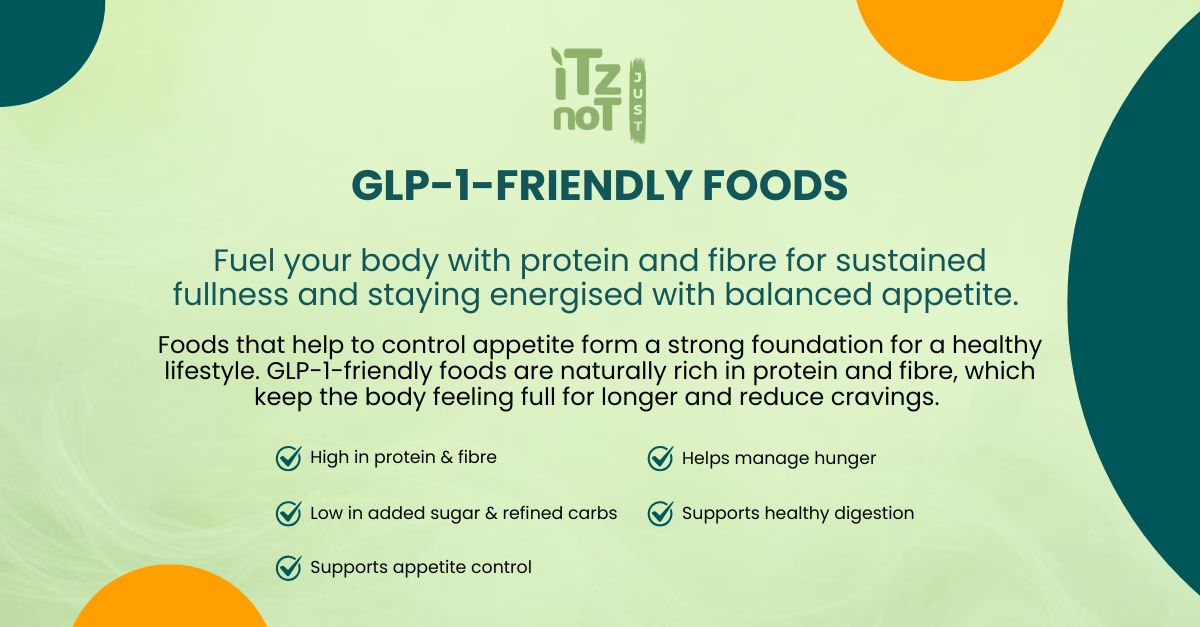
Nutrition for Specific Dietary Needs (e.g., vegetarian, vegan, gluten-free)

Nutrition for Specific Dietary Needs (e.g., vegetarian, vegan, gluten-free)
More and more people are choosing to adopt specific dietary patterns for various reasons, be it ethical, environmental, or health-related. Vegetarian, vegan, and gluten-free diets are among the most common, and while they offer numerous benefits, it's crucial to ensure you're meeting all your nutritional needs. This blog will explore these diets, addressing common concerns, offering practical tips, and debunking myths to help you thrive on your chosen path.
The Trend: Why are these diets gaining popularity?
The rise in popularity of these diets reflects a growing awareness of the impact of our food choices. Concerns about animal welfare, environmental sustainability, and personal health are driving this trend. Additionally, the increased availability of diverse and innovative plant-based and gluten-free products makes these diets more accessible than ever before.
Understanding the Diets:
- Vegetarian: Excludes meat, poultry, and fish. Includes various forms like lacto-ovo (includes dairy and eggs), lacto (includes dairy), ovo (includes eggs), and partial or flexitarian (primarily plant-based but occasionally includes meat).
- Vegan: Excludes all animal products, including meat, poultry, fish, dairy, eggs, honey, and sometimes even products like gelatin.
- Gluten-Free: Eliminates gluten, a protein found in wheat, barley, and rye. Essential for individuals with celiac disease or gluten sensitivity.
Addressing Nutritional Needs:
While these diets offer health advantages, careful planning is crucial to avoid potential nutrient deficiencies.
1. Protein:
- Vegetarian/Vegan: Excellent sources include legumes (beans, lentils, chickpeas), tofu, tempeh, quinoa, nuts, and seeds. Combining different plant-based protein sources throughout the day ensures you get all essential amino acids.
- Gluten-Free: Protein is readily available in gluten-free grains like rice, quinoa, and oats, as well as in animal products, legumes, nuts, and seeds.
2. Iron:
- Vegetarian/Vegan: Iron from plant-based sources is less bioavailable. Consume iron-rich foods like lentils, spinach, and fortified cereals with vitamin C-rich foods (citrus fruits, bell peppers) to enhance absorption. Consider using cast iron cookware.
- Gluten-Free: Iron deficiency can occur if gluten-free diets are not well-planned. Focus on iron-rich gluten-free grains, legumes, and leafy greens.
3. Calcium:
- Vegan: Consume calcium-rich foods like fortified plant-based milk, tofu (made with calcium sulfate), leafy green vegetables (kale, collard greens), and almonds.
- Gluten-Free: Dairy is a good source of calcium, but if dairy is also avoided, follow the same tips as for vegans.
4. Vitamin B12:
- Vegan: B12 is primarily found in animal products, so supplementation is essential for vegans. Fortified foods like plant-based milk and nutritional yeast are also good sources.
- Gluten-Free: Generally not a concern unless other dietary restrictions are in place.
5. Omega-3 Fatty Acids:
- Vegetarian/Vegan: Include sources like flaxseeds, chia seeds, and walnuts in your diet. Consider a vegan-friendly algae-based omega-3 supplement.
- Gluten-Free: Oily fish is a good source of omega-3s, but plant-based sources are also available as mentioned above.
6. Vitamin D:
- All Diets: Sun exposure is the primary source. Fortified foods and supplements may be necessary, especially in regions with limited sunlight.
Conclusion:
Adopting a vegetarian, vegan, or gluten-free diet can be a positive step for your health and the environment. By understanding the nutritional considerations and planning your meals carefully, you can thrive on these diets and enjoy all the benefits they offer. Consult with a registered dietitian or other qualified healthcare professional for personalized advice and to address any specific concerns. Remember, a well-planned diet, regardless of your dietary choices, is the key to optimal health.























































